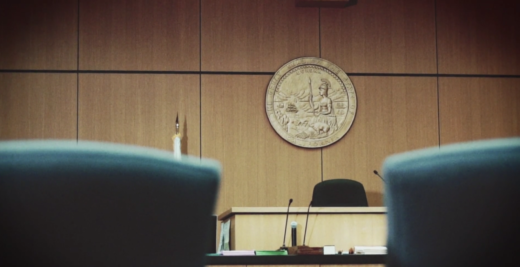Headed for trial in early 1975, Marvin Mutch was confident he'd be found not guilty for the murder of Cassie Riley. There was no direct evidence linking him to the killing, and footprints found around Riley's body didn't match the size or style of his shoes.
But the prosecution had a strategy that relied on a complex interpretation of indirect -- or circumstantial -- evidence. That narrative put Mutch at the scene near the time of the murder and implied that he'd come home soaking wet the night Cassie Riley was drown in a shallow creek.
Mutch's sister, Valerie, was the linchpin in the case against her brother. She had inadvertently told police that Mutch had come home with wet clothes sometime around the day of the murder, but she wasn't sure which day.
The prosecution took extreme steps to preserve Valerie Mutch's testimony and made her unavailable to the defense. The truth about Valerie's role in the case against Marvin Mutch wouldn't make it to the jury, and it would take decades to finally be revealed.
